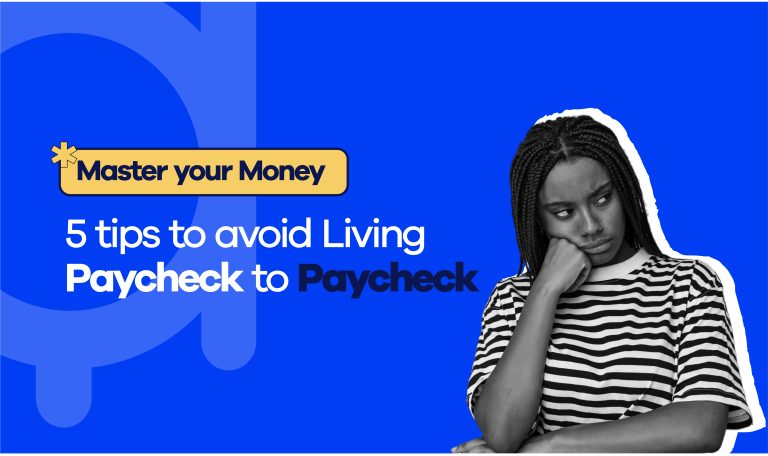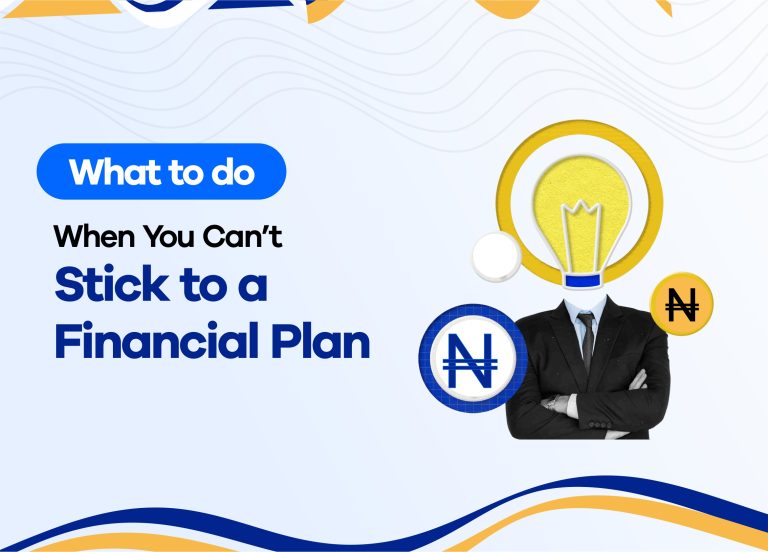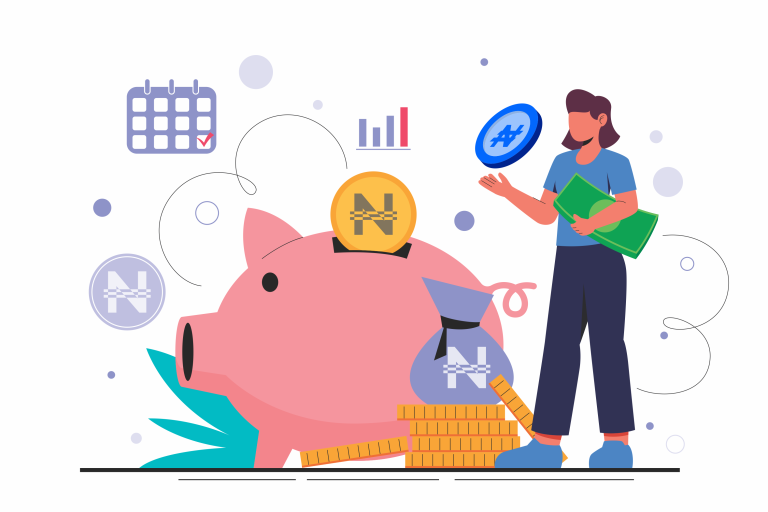You swipe your card, transfer the money, or click checkout, and for a moment, it feels good. Maybe you bought something you have wanted for a while or treated yourself after a stressful week. But almost immediately, that feeling turns into something else. A little wave of anxiety creeps in. You start asking yourself if it was necessary. You open your banking app to check how much you have left. You feel a bit of regret, even though what you bought was not unreasonable. If this sounds familiar, you are not alone. Many people feel guilty after spending money, even when they are not doing anything wrong. The truth is, this is not just about the money. It is emotional.
It Is Not Always About How Much You Spent: Sometimes you feel bad after spending, not because you emptied your account, but because of the meaning you have attached to money. Maybe you were raised to see spending as a lack of discipline. Or maybe money was tight growing up, so now that you can afford some things, you still feel like you are doing something wrong by enjoying it. The guilt is not about the transaction itself. It is about the stories and beliefs you have carried for years. These beliefs sit quietly in the background until you try to break them, and that is when the guilt shows up.
Guilt Can Be a Sign That Something Is Off
Feeling guilty is not always a bad thing. Sometimes it is your mind’s way of telling you to pause and reflect. Maybe you spent money trying to impress someone, or you made an impulsive decision that you did not think through. In cases like this, guilt is a reminder to make more mindful choices next time. But other times, the guilt is misplaced. You feel bad even though you planned for the purchase, budgeted properly, and made a reasonable decision. When that happens, the guilt is no longer helpful. It is just noise, and it can stop you from enjoying the things you have worked hard for.
Emotional spending goes both ways. Most people hear emotional spending and think about impulsive shopping, like buying things you do not need when you are sad or bored. That is part of it, but emotional spending also shows up in the guilt you feel after a purchase. Whether you are spending it to feel better or punishing yourself for spending at all, the emotion is still in control. That is why it is so important to separate your feelings from the facts. Just because you feel guilty does not mean you did something wrong. Sometimes you just need to pause and ask yourself, was this a smart decision, or am I reacting based on old habits?
You are allowed to enjoy your money. This is the part nobody says enough, you are allowed to enjoy the money you earn. You are allowed to buy yourself something nice. You are allowed to celebrate your wins, big or small. Being financially responsible does not mean you must constantly deprive yourself. In fact, a healthy relationship with money includes balancing saving, spending, and sometimes even spoiling yourself. The key is being intentional. When you plan your spending, when you know you can afford something, and when it fits into your bigger picture, then you should feel no shame or guilt about it.
Finally let go of the shame, keep the discipline. You can be disciplined with your money and still enjoy it. The goal is not to feel guilty every time you spend. The goal is to build a system that works for you, one where your bills are covered, your savings are growing, and you still have room to enjoy your life. Guilt has no place in that system. What you need is clarity. When you know where your money is going and why, you make better choices. And when you make better choices, you start to feel more confident instead of guilty. That confidence is what helps you stay consistent over time.


